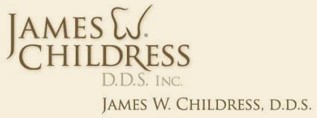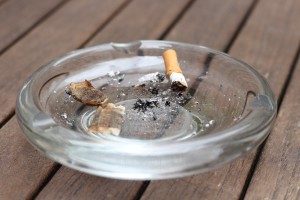
Your smile is one of the first things a person will notice when you meet. If you would like to improve your smile with a simple procedure, teeth whitening may be a great option for you, especially if you have stained, dull or discolored teeth. Our dental office is providing teeth whitening services to new and existing patients.
Regardless of how well you care for your teeth, over time, discoloration will occur. The main causes of stained teeth are genetics, antibiotics, tobacco and certain foods. As we age, our teeth darken as well. While preventing tooth discoloration is nearly impossible, our experienced team can help reverse the effects of discoloration by helping to create a whiter and brighter smile.
Whether it’s an in-office treatment or at-home treatment, the principles of teeth whitening are the same. A special whitening agent is applied to the teeth in order to bleach the stains and brighten your smile. Our expert dentist will discuss your whitening needs and goals with you to determine which option is best for you.
In-office teeth whitening is the quickest method to a brighter, whiter smile. With the supervision of an experienced dental professional, a stronger bleaching solution can be used than with at-home kits. Optimal results are achieved much faster with the professional whitening treatment, and in many ways the results are much better given the nature of the bleaching agents that are used. On average, patients find they appear up to ten years younger just by restoring the bright, white smile of their youth.
During a professional teeth whitening treatment, we will first clean the teeth. They will apply a whitening agent to your teeth, carefully avoiding your gums and soft tissue. Once applied, a laser light will be directed at the teeth to expedite the process. For maximum results, the process may be repeated more than once.
If a visit to our office for professional whitening isn’t an option for you, at-home treatment may provide the whitening you need. While you will find a vast variety of at-home teeth whitening products on the market, including whitening toothpastes, over-the-counter gels, rinses, strips, trays and more, we can fit you with custom-made whitening trays that will more accurately fit to your teeth for a more even whitening result.
At-home teeth whitening results are less dramatic compared to those achieved at the dentist. While at-home teeth whitening is easy to use, it is not recommended if your teeth or gums are sensitive.
If you are looking to brighten your smile and look ten years younger, contact our office for more information or to schedule a consultation today.








 Cosmetic dentistry has been around for ages. We’ve noticed that now, more than ever, people are concerned with overall wellness in addition to a beautiful smile. In past years, we had many patients come to us seeking whitening and seeming unconcerned with ridding their smile of infection and decay.
Cosmetic dentistry has been around for ages. We’ve noticed that now, more than ever, people are concerned with overall wellness in addition to a beautiful smile. In past years, we had many patients come to us seeking whitening and seeming unconcerned with ridding their smile of infection and decay.






